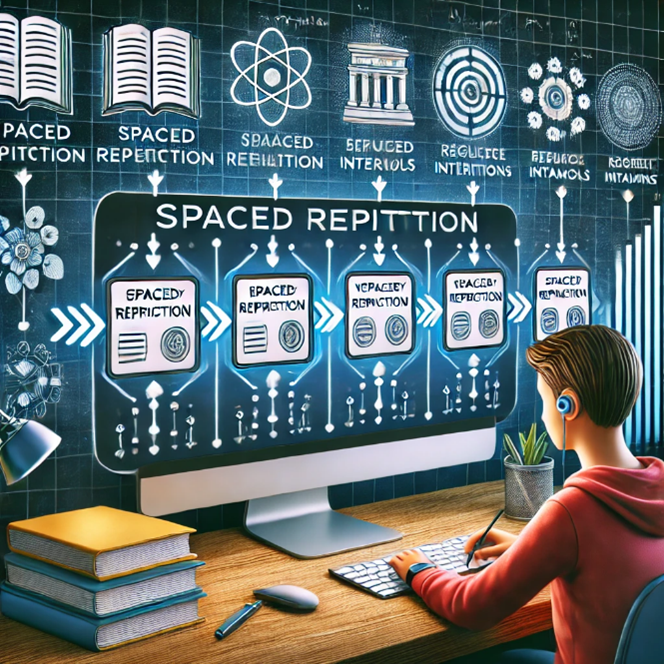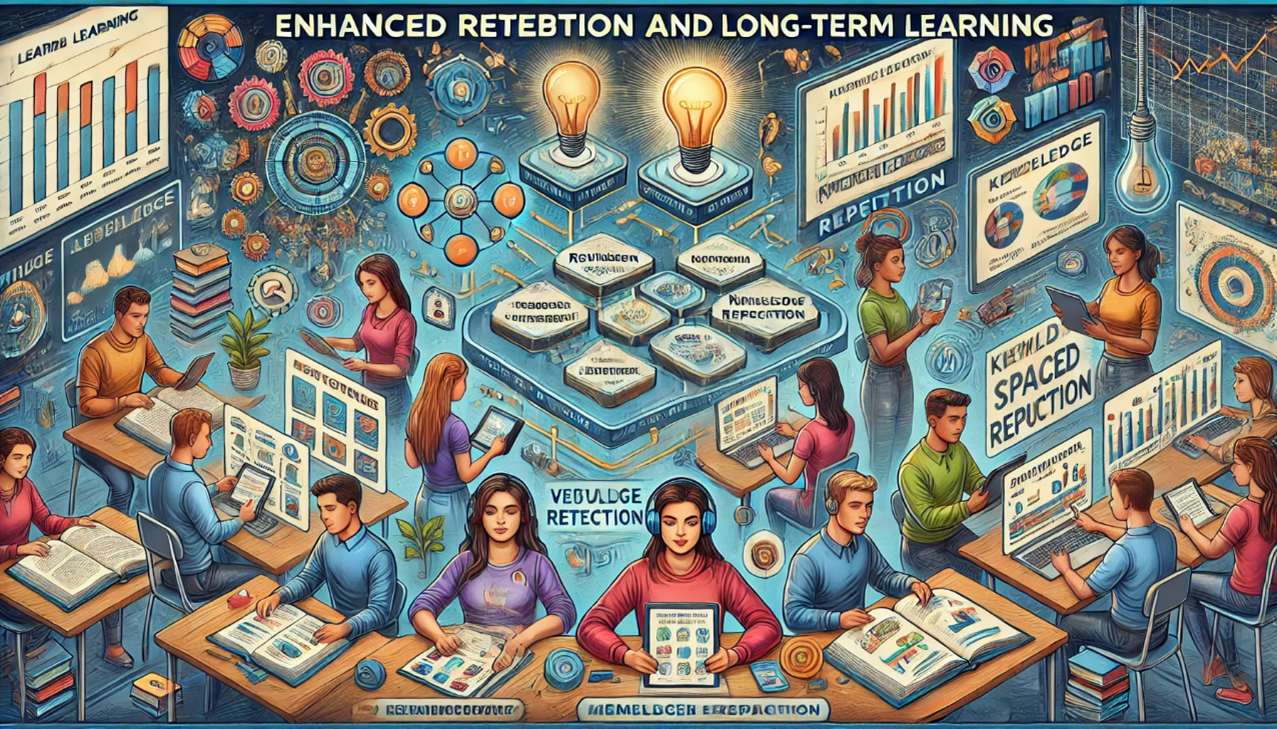How Can You Learn a New Language Quickly and Effectively?

How Can You Learn a New Language Quickly and Effectively?
by Nathaniel 12:43pm Jan 22, 2025

How Can You Learn a New Language Quickly and Effectively?
Learning a new language quickly and effectively requires a combination of strategic approaches, consistent practice, and immersive experiences. While everyone learns differently, some methods are universally effective and can help accelerate the process. Here’s a step-by-step guide to help you learn a new language faster:
1. Set Clear Goals and Make a Plan
Why It’s Important:Setting specific, measurable goals helps you stay focused and motivated throughout the learning process.
Actionable Steps:
Define your language learning objectives (e.g., “Be able to hold a basic conversation in 3 months”).
Break down goals into smaller tasks (e.g., learning 50 new words a week or mastering a specific tense).
Set aside a set time each day for language practice(15-30 minutes is a good start).
2. Immerse Yourself in the Language
Why It’s Important:Immersion is one of the most effective ways to learn a language quickly, as it mimics the natural learning process.
Actionable Steps:
Surround yourself with the language: Change your phone, computer, and social media accounts to the target language.
Listen to media:Watch TV shows, movies, or YouTube videos in your target language, with subtitles if needed. Listen to podcasts or music in that language while commuting.
Read regularly:Start with simple books, newspapers, or websites. If possible, use language-learning apps that provide reading material tailored to your level.
Speak often:Practice speaking as much as possible, even if you make mistakes. The more you speak, the faster you'll improve.
3. Use Language Learning Apps and Tools
Why It’s Important:Modern technology offers a variety of tools to help you practice the language interactively and on the go.
Recommended Apps:
Duolingo:Good for beginners, it provides structured lessons that cover vocabulary, grammar, and sentence structure.
Babbel:Offers more comprehensive courses focused on conversational skills.
Memrise:Uses spaced repetition to help you memorize vocabulary and phrases.
Anki:A flashcard app with spaced repetition algorithms to help you remember words and concepts long-term.
Tandem or HelloTalk: Language exchange apps that connect you with native speakers for text, voice, or video chats.
4. Practice Speaking with Native Speakers
Why It’s Important:Speaking with native speakers helps you pick up on slang, pronunciation, and common expressions that aren’t always taught in textbooks.
Actionable Steps:
Find a language partner: Use platforms like Tandem, HelloTalk, or iTalki to connect with native speakers for conversation practice.
Join language meetups or clubs: Look for local or online groups that organize conversation events for language learners.
Travel to a country where the language is spoken: If possible, spending time in a country where the language is spoken can rapidly increase your fluency.
5. Focus on Pronunciation Early
Why It’s Important:Correct pronunciation from the beginning will help you communicate more effectively and avoid developing bad habits that are hard to correct later.
Actionable Steps:
Listen to native speakers: Pay close attention to how words are pronounced by native speakers in real-world settings.
Use language-learning apps with speech recognition: Apps like Babbel and Duolingo provide feedback on your pronunciation.
Practice aloud:Repeat words and phrases after native speakers, trying to mimic their tone, rhythm, and pronunciation.
6. Use Spaced Repetition for Vocabulary
Why It’s Important:Spaced repetition is a technique that helps improve memory retention by reviewing words and phrases at increasing intervals.
Actionable Steps:
Use apps like Anki or Quizlet to create flashcards for vocabulary.
Review flashcards daily, focusing on words you find difficult and slowly adding more words as you become comfortable.
Write new words down in context, such as in short sentences, to reinforce learning.
7. Learn Common Phrases First
Why It’s Important:Learning practical phrases that are commonly used in everyday conversations will give you immediate tools for communication and boost your confidence.
Actionable Steps:
Focus on essential phrases like greetings, introductions,ordering food, asking for directions, etc.
Learn phrases rather than individual words to understand how words fit together in sentences.
Use these phrases in daily conversations to start applying them in real contexts.
8. Be Consistent and Patient
Why It’s Important:Consistency is key to language learning. Even if you only study for 15 minutes a day, daily practice will yield better results than occasional,long sessions.
Actionable Steps:
Establish a daily routine, even if it’s just reviewing vocabulary or listening to a podcast for a few minutes.
Don’t get discouraged by mistakes language learning is a gradual process, and mistakes are a natural part of it.
Celebrate your progress regularly, no matter how small, to stay motivated.
9. Embrace Mistakes and Keep Practicing
Why It’s Important:Making mistakes is a crucial part of the learning process. The more mistakes you make and correct, the quicker you’ll learn.
Actionable Steps:
Don’t be afraid to make errors in pronunciation or grammar when speaking. Native speakers are often understanding and appreciative of your effort to speak their language.
Request feedback:Ask language partners or tutors to correct your mistakes, as this helps you improve.
Keep trying:Even if you don’t understand everything at first, keep practicing. Over time, your comprehension and speaking ability will improve.
10. Use Cultural Context to Enhance Understanding
Why It’s Important:Understanding the culture behind a language gives you deeper insight into how and why certain phrases or words are used, making you more fluent.
Actionable Steps:
Engage with media in the language watch movies, listen to music, or read books that offer a cultural context.
Learn about customs, etiquette, and colloquialisms,which will help you understand how the language is used in real-life situations.
11. Practice Active Listening
Why It’s Important: Active listening helps you absorb pronunciation, rhythm, and patterns in the language.
Actionable Steps:
Focus on listening actively when engaging with audio or video in the target language. Don’t just let it play passively in the background.
Repeat sentences or phrases you hear to practice pronunciation and rhythm.
Try to understand the meaning from context before looking up every word you don’t know.
Conclusion: Make Learning Enjoyable and Engaging
Learning a new language quickly and effectively is possible, but it requires dedication, consistency, and the right approach. Focus on real-world usage (speaking, listening, reading, writing), immerse yourself in the language as much as possible, and embrace mistakes as learning opportunities. Combining a mix of technology tools, interaction with native speakers, and personal dedication will help you master a new language faster and make the process enjoyable and rewarding.






